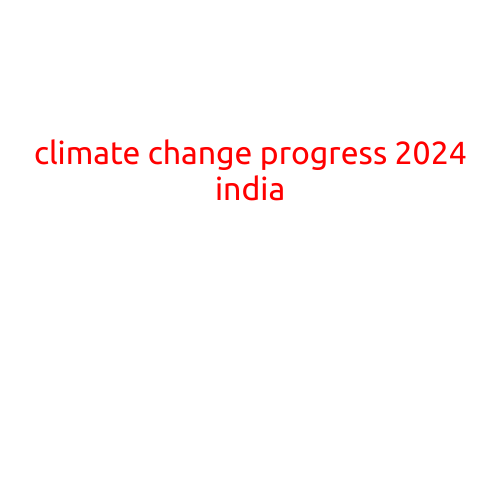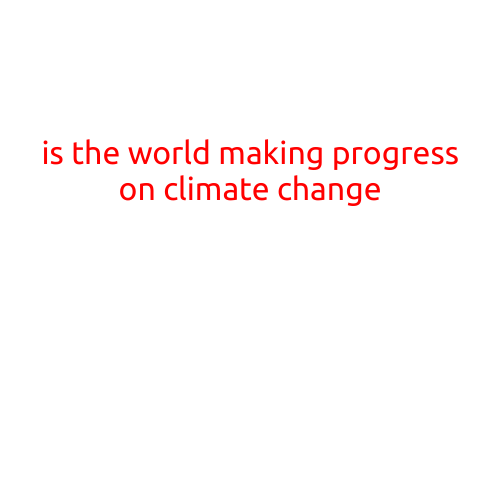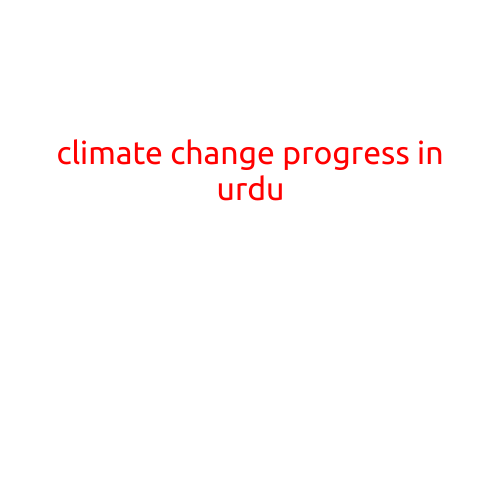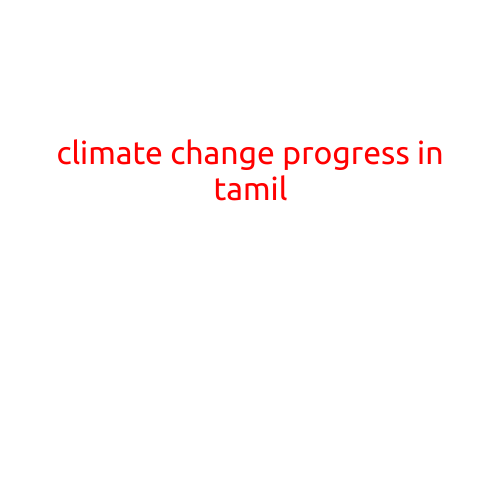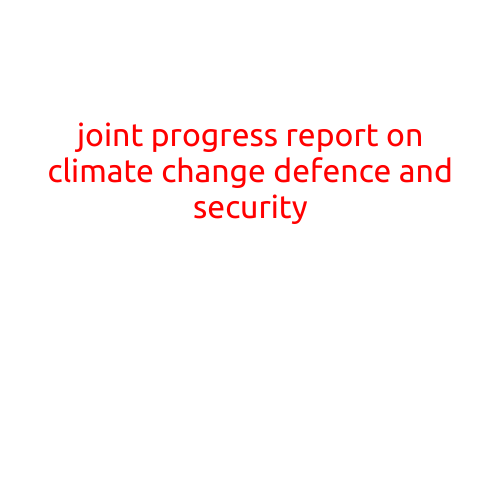
Joint Progress Report on Climate Change, Defence, and Security
Introduction
The rapid pace of global warming and its devastating impacts on both human societies and the natural environment have become a matter of increasing concern for nations worldwide. In response to this pressing issue, the Joint Committee on Climate Change, Defence, and Security has been working tirelessly to develop a comprehensive strategy to mitigate the effects of climate change and ensure the security of our citizens.
Progress on Climate Change Mitigation
Since our last report, significant progress has been made in reducing greenhouse gas emissions and transitioning to renewable energy sources. Countries have set ambitious targets for carbon neutrality, and many have implemented policies to increase the adoption of electric vehicles, green infrastructure, and sustainable agriculture practices.
notable achievements include:
- The European Union has adopted a comprehensive Climate and Energy Package, which aims to reduce emissions by at least 55% by 2030.
- China has set a target of becoming carbon neutral by 2060, and has already made significant strides in renewable energy generation.
- India has launched several initiatives to promote electric vehicles and has set a target of reaching 30% of its energy from non-fossil sources by 2030.
Challenges and Future Directions
Despite these advances, significant challenges remain in the fight against climate change. Key areas that require urgent attention include:
- Scaling up climate finance: Developing countries need support to transition to a low-carbon economy, and international cooperation is crucial to mobilize resources.
- Improving climate resilience: Climate-related disasters are becoming more frequent and severe, and strengthening early warning systems, emergency preparedness, and adaptation measures is essential.
- Promoting sustainable development: Climate change is a barrier to achieving the Sustainable Development Goals (SDGs), and integrating climate change mitigation and adaptation into development planning is critical.
Defence and Security
Climate change poses significant risks to national and global security, including
- Increased migration and refugee flows
- Water scarcity and competition for resources
- Food insecurity and economic instability
- Rise in violent conflict and terrorism
To address these challenges, the international community is working to enhance defence and security cooperation, including:
- Conducting joint research and development on climate-resilient infrastructure and technologies
- Developing training programs for military personnel on climate change and crisis management
- Strengthening international partnerships and cooperation on disaster relief and humanitarian assistance
Outlook and Recommendations
The Joint Committee on Climate Change, Defence, and Security acknowledges the progress made so far, but emphasizes that significant challenges remain. To accelerate the transition to a low-carbon economy and address the security implications of climate change, we recommend:
- Strengthening international cooperation and coordination on climate change mitigation, adaptation, and resilience
- Increasing climate finance and technology transfer to developing countries
- Integrating climate change considerations into defence and security planning and decision-making
- Supporting research and development on climate-resilient infrastructure and technologies
Conclusion
The Joint Progress Report on Climate Change, Defence, and Security highlights the urgent need for collective action to address the pressing challenges posed by climate change. We recognize the significant progress made, but acknowledge the challenges that remain. By working together, we can build a more resilient and sustainable future for all, and ensure the security of our citizens and the global community.
Recommendations
- Strengthen international cooperation and coordination on climate change mitigation, adaptation, and resilience.
- Increase climate finance and technology transfer to developing countries.
- Integrate climate change considerations into defence and security planning and decision-making.
- Support research and development on climate-resilient infrastructure and technologies.
- Promote sustainable development and the implementation of the Sustainable Development Goals (SDGs).

